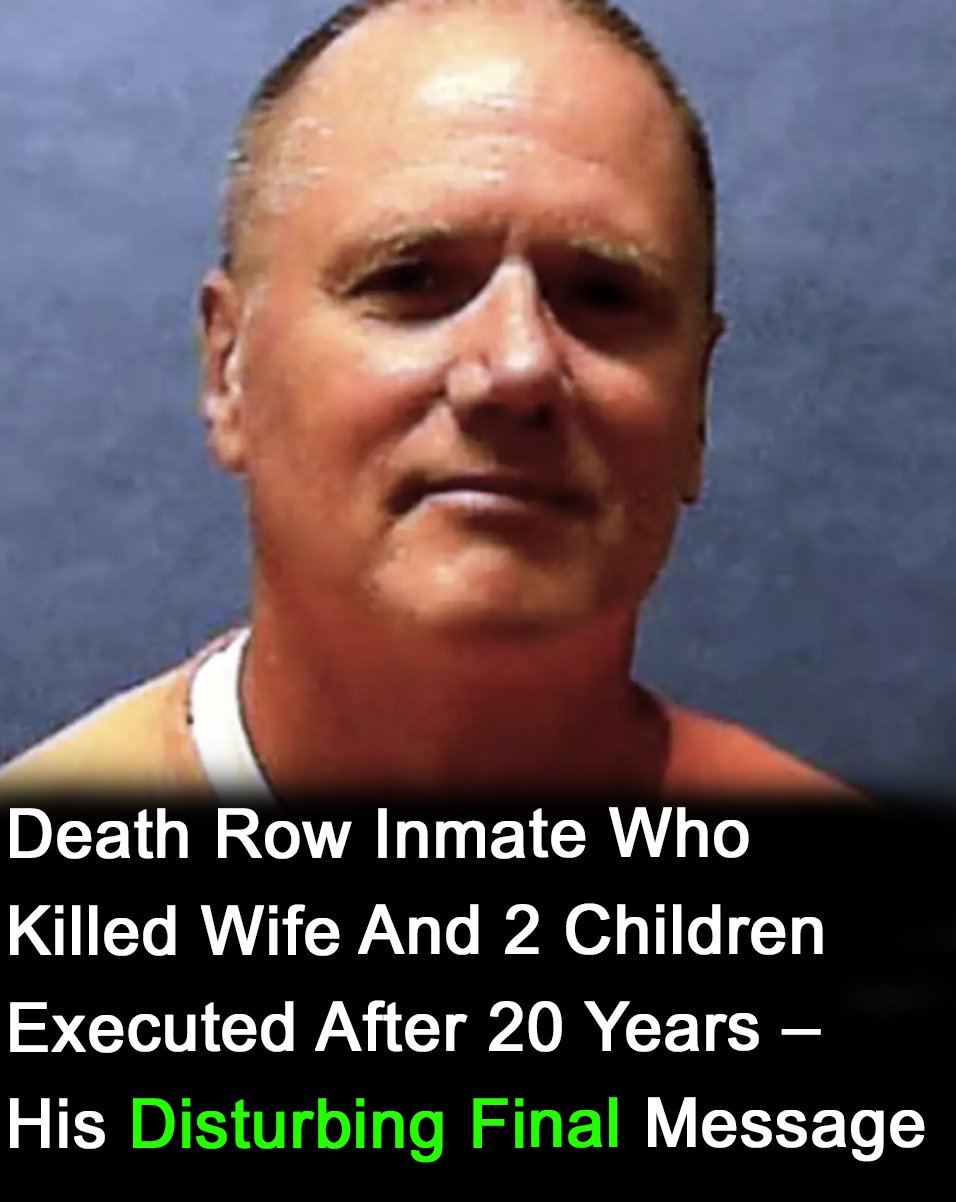Florida Executes Edward Zakrzewski, Setting New State Record for Annual Executions
Edward Zakrzewski, a Florida death row inmate convicted over thirty years ago for the brutal murders of his wife and two children, was executed on July 31, 2025, at Florida State Prison in Starke. His death marked Florida’s ninth execution of the year, setting a new annual record since the state reinstated capital punishment in 1976. Florida now leads the nation in executions for 2025, surpassing its previous record of eight executions set in 2014. Texas and South Carolina trail closely behind, tied for second place.
Zakrzewski, aged 60 at the time of his death, had spent more than three decades on death row following his 1994 conviction. He was found guilty of murdering his wife, Sylvia, and their two young children—seven-year-old Edward and five-year-old Anna—on June 9, 1993, in the family’s home in Okaloosa County, Florida. The crime shocked the community due to its savagery and the deeply personal motive behind it.
According to courtroom testimony and later investigations, the killings occurred shortly after Sylvia told Zakrzewski she wanted a divorce. Prosecutors argued that Zakrzewski refused to accept the end of his marriage and had previously told others that he would rather kill his family than lose them. He acted on that threat, first attacking Sylvia with a crowbar, then strangling her with a rope. Fearing she might still be alive, he further struck her with a machete. He then used the same machete to kill his two children in a similarly gruesome manner.
Following the murders, Zakrzewski fled Florida and evaded capture for several months. He relocated to a secluded religious commune on Molokai Island in Hawaii, living under a false name. For four months, he remained undetected until a televised appeal led to his identification. Upon realizing he had been discovered, Zakrzewski turned himself in to authorities.
Over the next three decades, Zakrzewski filed numerous appeals through his legal team, challenging aspects of his conviction and sentencing. Despite efforts to overturn the sentence, including a final appeal for a stay of execution, all legal avenues were ultimately exhausted. The final appeal was denied just days before the execution date.
On the evening of July 31, Zakrzewski was administered a three-drug lethal injection consisting of a sedative, a paralytic agent, and a chemical that stops the heart. He was pronounced dead at 6:12 p.m. Eastern Time. Witnesses said Zakrzewski appeared calm during the execution process. Before the injection began, he quoted a poem and showed no visible signs of distress. His last meal included fried pork chops, root beer, and ice cream.
His final words were both unsettling and striking in tone:
“I want to thank the good people of the Sunshine State for killing me in the most cold, calculated, clean, humane, efficient way possible. I have no complaint.”
This execution capped what has become a record-setting year for capital punishment in Florida. The state has come under renewed scrutiny for its increasing pace of executions and aggressive pursuit of death sentences. Zakrzewski’s death contributes to a broader national trend—a resurgence of the death penalty not seen in recent years.
Public opinion on the death penalty remains divided, but Zakrzewski’s case has reignited debates around justice, closure for victims’ families, and the ethics of state-sanctioned executions—particularly in cases involving decades-long delays between conviction and punishment.
